It can be very rewarding to set up a small farm business or to convert your homestead into a farm business. You may have a small farm as your homestead or you may simply want to get into the business of food production. In this article, we provide smart tips to help you get started on your farm. Read on to learn more on how to start a small farm successfully.
What You'll Learn Today
- Be Methodical!
- Identify Your Assets
- Identify Your Obstacles
- Identify Your Competitive Edge
- Create A Sound Plan Before You Spend A Lot Of Money
- Think Ahead!
- Stay Flexible
- Know The Local Market
- Farming Is A Business, So Hone Your Business Skills!
- Remember To Pay Yourself When You Set Your Prices!
- Sell Your Brand!
- Cover Yourself & Read The Fine Print In Business Arrangements
- Make Stress Management A Part Of Your Farm Business Plan
Be Methodical!

Small farmers come in all shapes, sizes genders, ages and ethnicities. There are small farmers all around the world seeking to feed their families, provide food for their communities and make a profit.
You may want to start your small farm out as a hobby, but remember that your ultimate goal is to make it a business.
Many people fall into farming by simply starting it out as a hobby with a few chickens and a family garden. They soon learn that they are producing more than they need, so they decide to sell the excess. This desire grows, and production grows and soon they have a farm.
This is all well and good, but it may not be a successful farm. A successful farm that’s run as a business begins with a business plan and a marketing plan. If you allow your farming hobby to lead you by the nose, you won’t be making the most of your farm.
Identify Your Assets
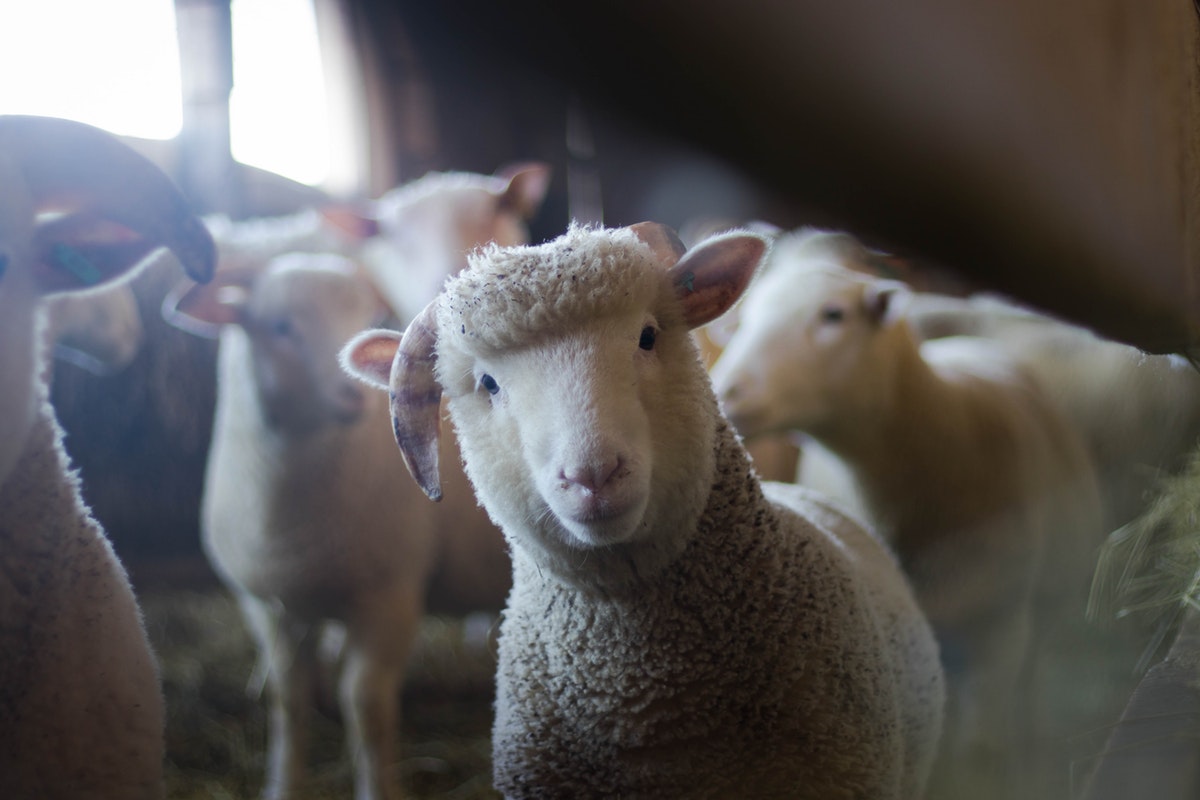
If you’re a new farmer, it may be difficult for you to identify your sources of support and your resources.
It’s a good idea to have some sort of nest egg to start with, but if you really have nothing but your desire and elbow grease to go on, begin in a small way. Keep your day job and develop one crop or project at a time to get started.
Consider using social capital to get started. Individuals are often happy to help small farmers and may share equipment, volunteer some labor or even lend you some money.
You’ll need friends and family, mentors, information and capital to get started. All this help and support counts as soft assets that can be called upon in a limited manner but should not be depended upon on an ongoing basis.
That’s why it’s a good idea to start out small and keep your project manageable. For more on starting farming with limited assets and no money, see our article here.
Identify Your Obstacles
Before your small farm or homestead becomes a business, take the opportunity to figure out exactly where you want have your land, what your land needs, what you need and what may have potential success in the market.
For example, if you’re starting out with some fairly undeveloped land, determine your personal goals and think about how any livestock you may acquire can help you meet those goals.
Making the most use of your land without a great deal of effort and monetary outlay to develop it can be a very smart strategy.
For example, if you have good pasture land, obviously that’s a good place to keep cattle, sheep and quite a few types of poultry such as turkeys and chickens.
But what if you have property that’s heavily wooded, with rocky soil, or very brushy? This could be considered an obstacle.
How can you make the most of heavily wooded land with the least effort and expense on your part. This type of property can be very good for raising pigs and/or goats.
They do well in wooded, brushy areas with little or no intervention from you. When pigs and goats reach market size, you have a valuable commodity in free range meat.
After a period of time running pigs or goats on your wooded area, you’ll find that the underbrush and weeds are not quite so challenging anymore. It will be easy for you to clear that land, use the wood for fire wood or sell it and replant the land in pasture or crops.
Another important consideration in deciding what to plant and how to plant it is the condition of the soil and what has been planted on that farm before. Your soil may be a great asset, or it may be an obstacle.
Be sure to have it prepared and tested so you know which it is.
One excellent resource for beginning farmers is your local county agricultural extension, which may offer soil testing cheap or free.
Get to know your county agent to ask for advice on how to build up, develop and amend your soil and what the best methods of farming are in your area. Your county agent can give you sound advice on what type of soil is best in your situation.
Identify Your Competitive Edge
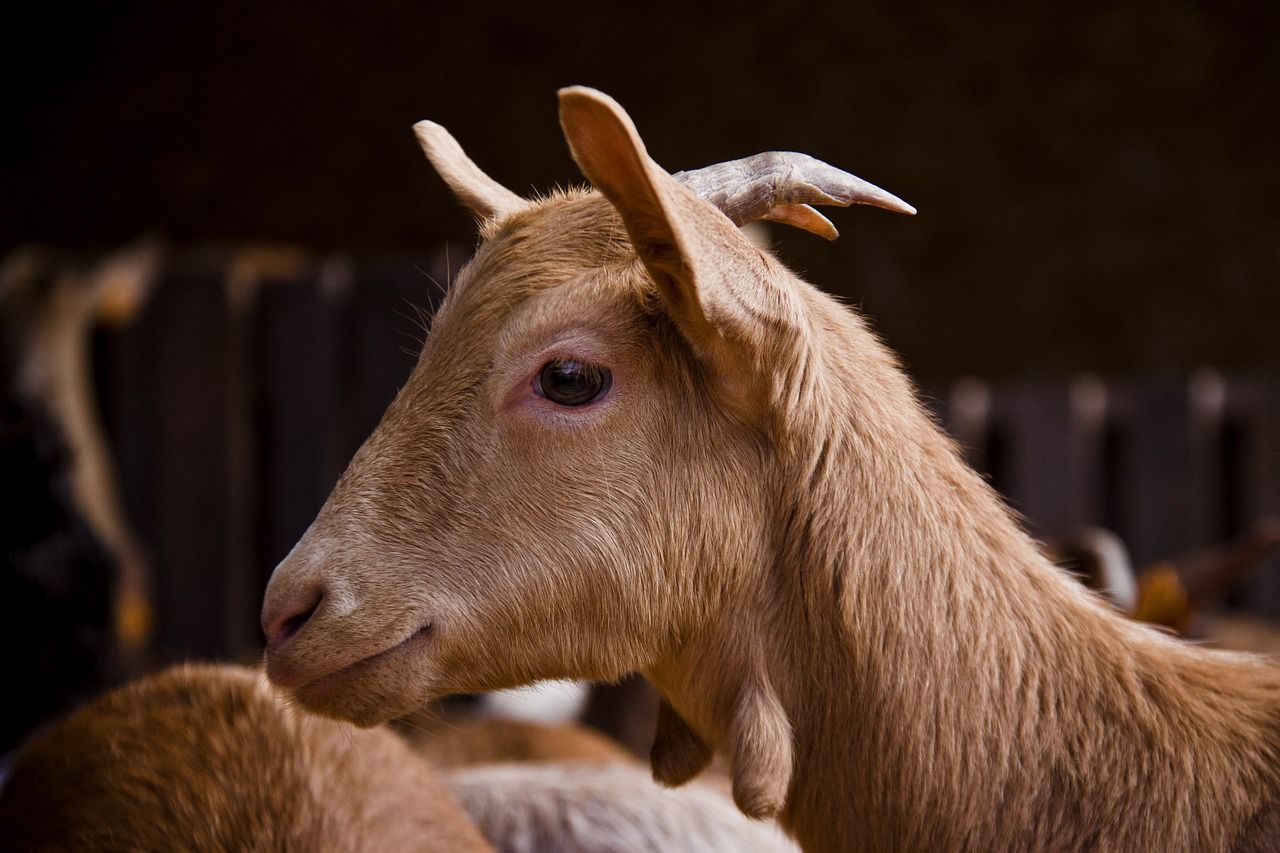
Consider your competitive advantage right at the outset. It’s tempting to start right out with something that doesn’t take a tremendous outlay of cash and it is easy to do. For example, raising chickens doesn’t cost much to start.
Pasture raised chickens are not expensive to feed, and pasture raised chicken eggs and meat are popular products. This could be a very successful business, but before you invest in it check out the competition. If there are already lots of other small farmers in your area doing it, it may not be worthwhile for you to do it.
When you’re choosing the type of farming you want to do, think about where your passion lies, but also think about advantages you may have such as proximity to market or an already established well known name.
Both of these qualities are advantages that you can “take to the bank”. When you’ve identified your unique competitive advantage, you can make the most of it.
Create A Sound Plan Before You Spend A Lot Of Money
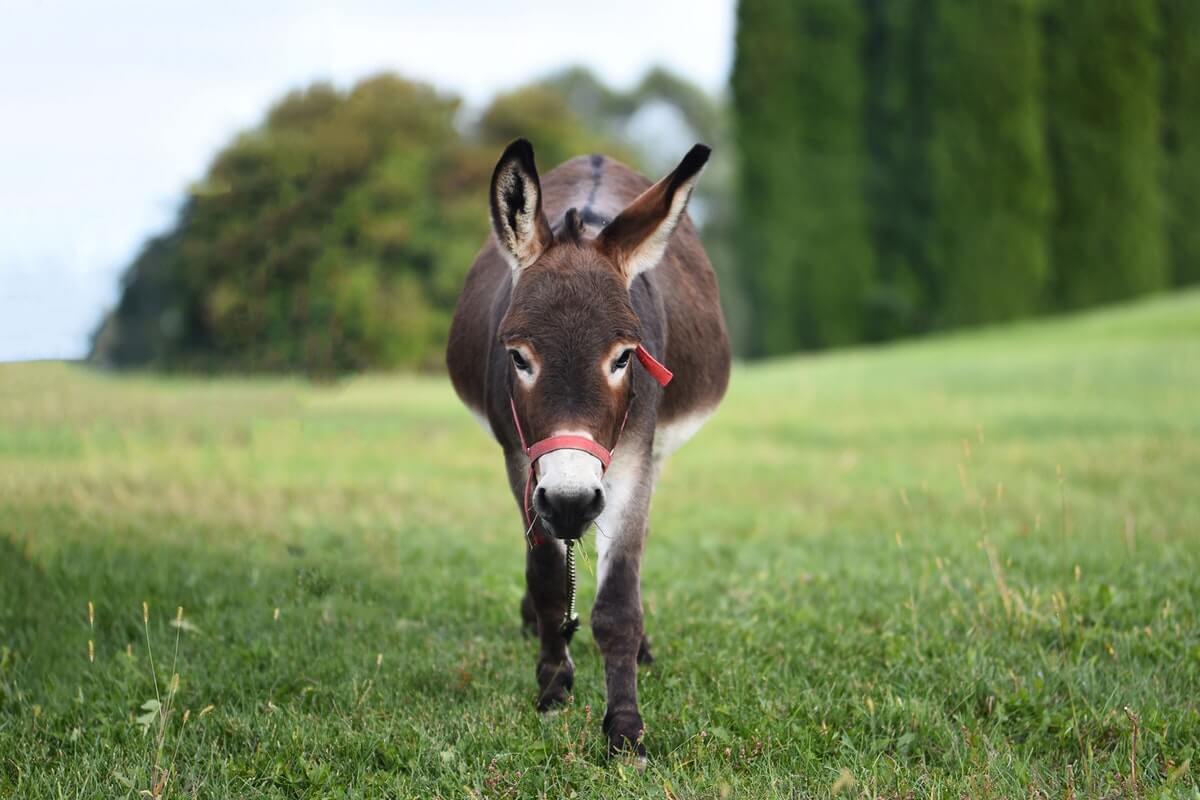
At first, you may just dabble about to learn the ropes, but when you get serious you’ll need to create a plan for your farm business.
Writing up your formal farm business plan will put you in the right frame of mind to truly get started. Even if your original plan never comes to pass, it will set you in the right direction.
In fact, you may go through a lot of different business plan proposals before you finally settle on the one that will really work.
Think Ahead!
As you make your business plan, project your goals into the next five or ten years. Think about where you want to be at your very best, then set up smaller objectives to attain between now and then. Think about every aspect of your business plan as a stair step to your ultimate goal.
At the end of every year, do a thorough analysis to figure out what’s working and what’s not so that you can make adjustments to arrive at your most successful business plan.
By your third-year, you should have a workable plan firmly in place. One key to writing a successful plan is to have everyone concerned in the operation of your farm involved in the writing of the plan. Having a good business plan in place can be instrumental for securing financing in the future.
Stay Flexible
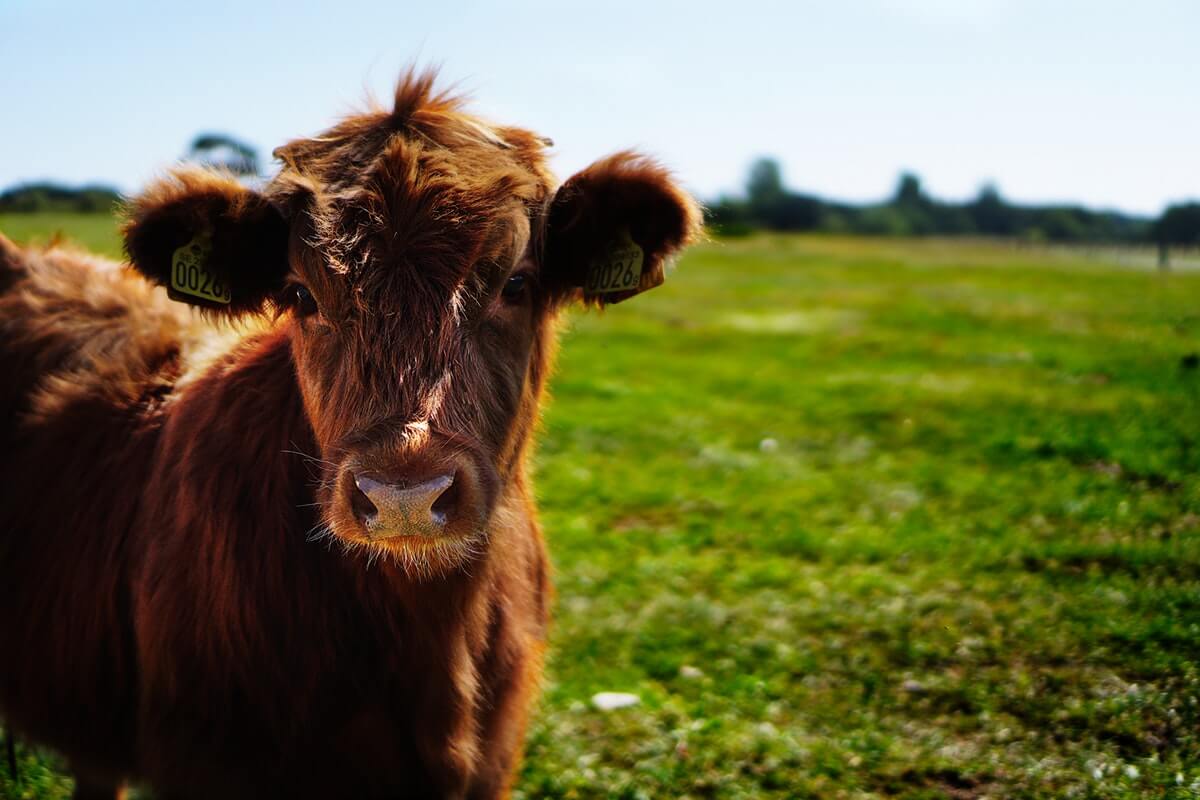
Resources, prices, weather conditions and politics change from one year to the next. Rough out your budget for this year and subsequent years with the information you have at hand. You can always make adjustments later.
Always have a plan B, especially in the early years. Remember that all new businesses, including farm businesses will lose money at first. Make sure you have a survival plan in place to get you through. You want to avoid having to borrow money during your early years at all costs.
There may be some instances in which you’ll need to generate a small amount of debt to be able to bring in your crop or perform some other function that you must do in order to make money. When this is the case, do your best to do it in a way that doesn’t have the potential to endanger your home and your farm.
For example, look for a private loan from a family member, apply for grant or get the help of a Community Supported Agriculture program.
You should be firmly on your feet by your third-year without having to borrow. If this isn’t the case, you’ll need to reevaluate and analyze all aspects of your operation to identify what you need to do to succeed.
Know The Local Market
As you prepare your business plan, you’ll also want to identify the local market channel so that you’ll know where you can sell your goods once you have them.
Some possibilities for market channels for your products include:
- Community Supported Agriculture (CSA)
- Home Delivery to Customers
- Wholesale Distribution
- Farmers Markets
- Restaurant Sales
- On Farm Sales
- Farm Stands
- Retail Sales
One or a few of these possibilities may make up the vast majority of your sales. It’s a good idea to also dabble in the others so that you have a backup plan in case of sudden upsets in the market.
Also remember that one method of marketing may naturally lead to another.
For example, if you start out with a farm stand or roadside stand or go to farmer’s markets, you’ll quickly build up name recognition. This will enable you to build up delivery sales, online sales, restaurant and wholesale opportunities.
You can begin your marketing campaign before you ever really get your farm underway. Get to know farmers online, and join online farm communities to make good connections.
Start your own blog and/or website to discuss your passion and begin building a name for yourself before you ever turn a shovelful of earth.
Farming Is A Business, So Hone Your Business Skills!
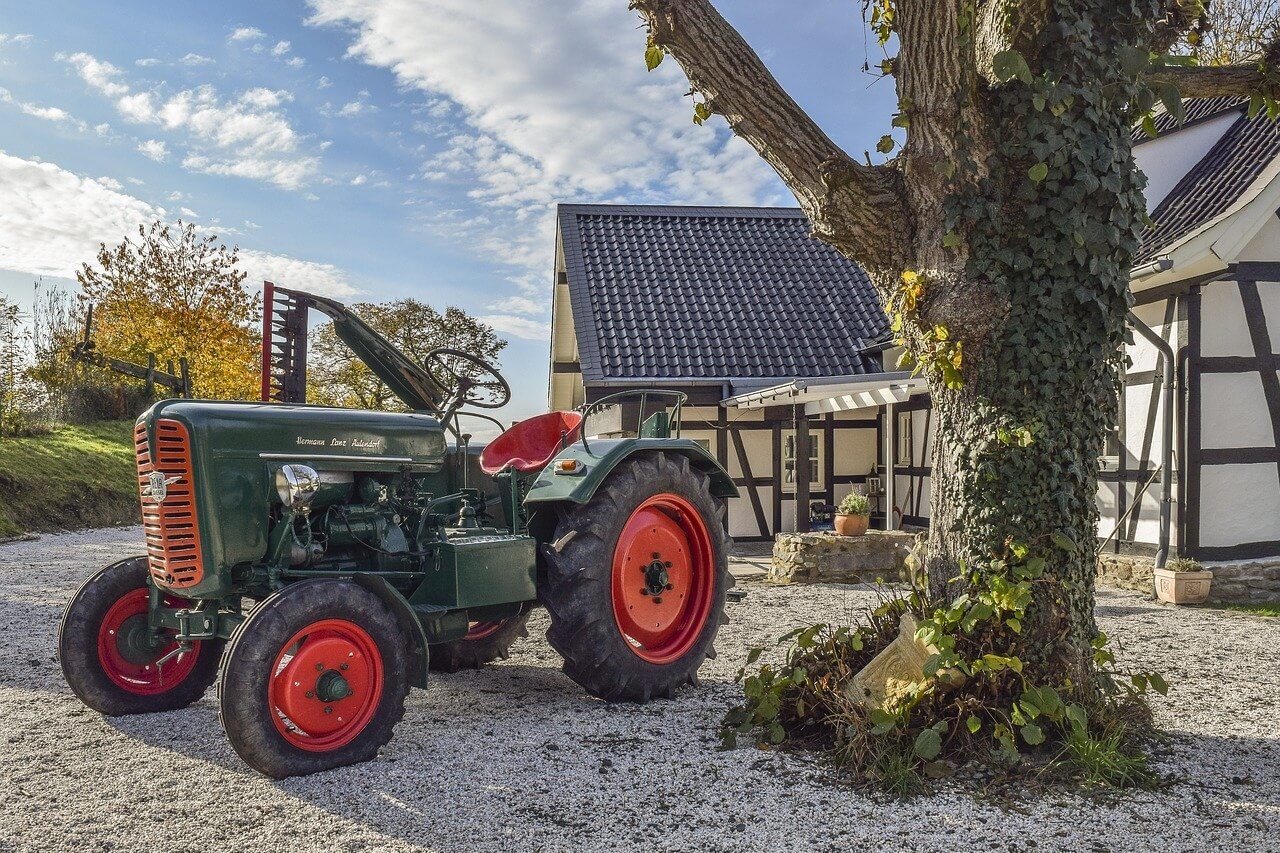
If you don’t feel confident in writing a business plan, consider taking some business courses to help you to understand and work with the concepts of assets and liabilities, profits and losses and basic bookkeeping.
Other non-agricultural skills that you may wish to develop to ensure the success of your small farm include general marketing, email marketing, website building, order and payment management and customer service.
Another important skill that you’ll need to learn to run your small farm business successfully is employee management – even if those employees are your family members.
In fact, knowing how to designate responsibility, work together as a team and get things done peacefully and without drama may be more important for the small family farm than for one that has actual employees.
Taking a few classes online or in person in employee management and conflict resolution can really help you in running your farm with ease.
Remember To Pay Yourself When You Set Your Prices!
When planning for your profits, be sure to take your own time into account. As the owner of the farm, you are its greatest asset. You must be sure to take care of yourself to be able to do your best work.
Determine your prices in a businesslike manner. Of course, to some extent you’ll need to keep local market prices in mind; however you also have to keep your own costs, investments and outlay in mind.
When you are determining how much you will charge for your products, you must base your final decision on:
- The amount it costs you to produce the product
- The amount the market will bear
- The profit margin you require
If you think that you’ll get blowback for the prices you charge or if you do encounter this, remember that you can always create and enhance the market for your products. You can’t undersell yourself and expect to turn a profit and enjoy success.
For more on this, see our article on turning your small farm into profit.
Sell Your Brand!
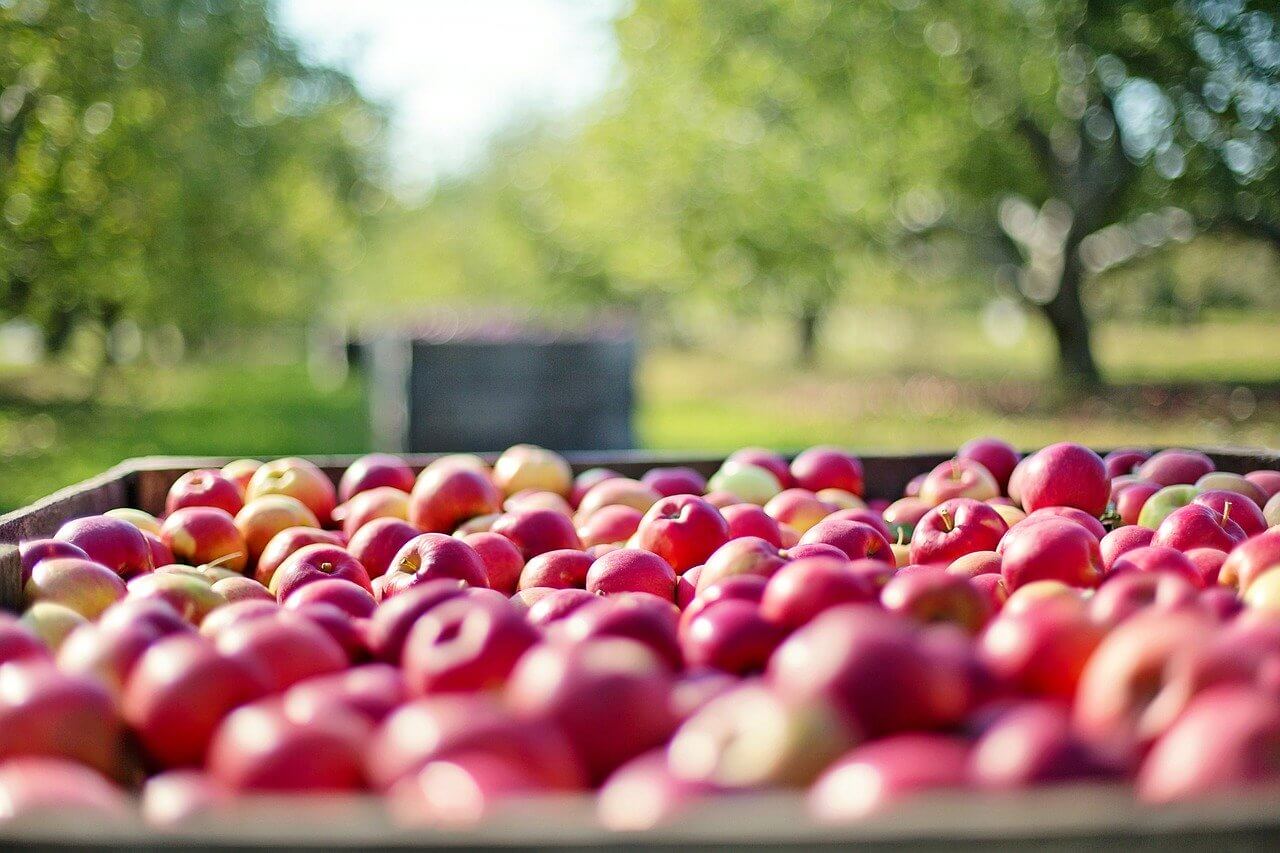
Identify your products. Think about the ways that the product you produce will be better than other items on offer. Get to know other farmers in your area and find out what works well for them.
Remember that some of your farm products may be artisan products such as soap, cheese, candles, honey and the like. Your marketing strategies for these items may be very different than those for eggs, meat, dairy products and produce.
Other incidental products that your farm may generate include farm dinners, tours, hay rides, classes and more. For example, you can teach people all manner of farm skills including:
- How to butcher hogs and chickens
- How to bake homemade bread
- How to make candles and soap
- How to grind wheat into flour
- How to make artisan cheese
When you become very skilled at running your farm business, you can hold farm business classes.
Cover Yourself & Read The Fine Print In Business Arrangements
Be sure you understand the potential costs and pitfalls of any business arrangement you enter into. For example, you may be going along just fine producing and selling your own farm products, and you may build a good name for yourself.
You may even be approached by a large company to sell to them, and this will mean increasing your production, which will mean an investment of time, energy and labor.
Before you sign on the dotted line for any contract of this sort, be sure you understand exactly how and when you will be paid or you could find yourself with a huge cash outlay that will not soon be covered.
The same sort of caveat applies to your insurance arrangements. You must be sure to insure your land, property, equipment and stock. Make certain you understand all of the terms of your insurance policy so that you aren’t left holding the bag in case of a sudden and unexpected uninsured loss.
When you are purchasing a farm policy, also talk with your insurance agent and/or a lawyer about taking other steps to protect yourself, your family and your personal assets. You want to be sure that your insurance policy covers you against damage to your infrastructure, equipment and livestock.
You also want to be sure you have a good liability policy to protect you against any complaints about any food product you may be producing. This should also cover any injuries people might incur if you are giving classes on your property.
Make Stress Management A Part Of Your Farm Business Plan
When you’ve done your homework and your farm is producing well and successful, you can quit your day job. Don’t wait too long, or that day job will become a distraction from your life’s passion.
As you make your plans and move steadily ahead, keep your own preferences and your own peace of mind at the forefront. For example, if you have allergies, don’t force yourself to put in a hay crop. If you have trouble stooping and bending, don’t plant ground crops such as strawberries. If you’re not an animal lover, don’t raise animals.
Save yourself a lot of stress and worry with good planning. Before you make any decisions, research supply and demand in your area. You want to identify your potential customers and understand what they want and need. This knowledge will make your decision making process and your entire small farm experience easier and more enjoyable.
Great blog! You have so many ideas and it’s so informative!
Thanks for the information friend!
karianne
Thanks for reminding me that I have to write down a plan first before getting into farming. I only have an idea about what kind of crops I want to have first but aside from this list, I don’t have anything else. It would probably be better to follow your advice and consider getting farm insurance first before anything else.
Thanks for a well thought out overview – it is an excellent write-up to enable one hit the ground running. I intend to put what you elaborated into practice in Zambia. Running a farm on a trial and error is definitely no solution to achieving a farm business. Thank you for your great insight.
This is a great blog! We are just now fixing to get started. I love all the ideas!